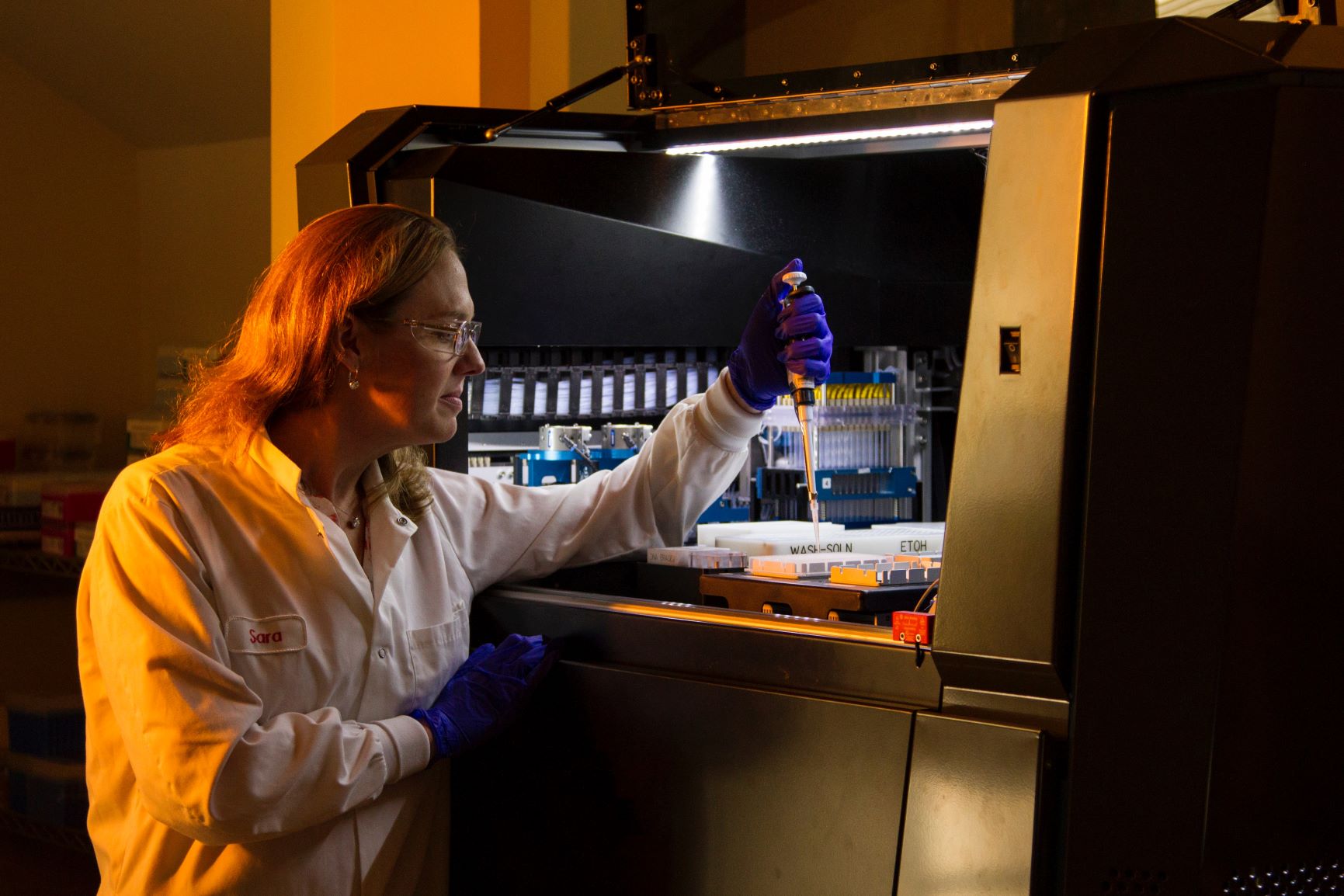
A global team of researchers say they have open sourced new software designed to assess the proportion of cancerous cells in a tumour sample, among a range of other functions that could make it easier to create personalised cancer treatment plans.
Researchers at the Francis Crick Institute, UCLA Jonsson Comprehensive Cancer Center, Oregon Health & Science University, the www.bdi.ox.ac.uk, and the University of Toronto published the tools this week. They were released to accompany a study, published in Nature Biotechnology, that creates a benchmark approach to computational methods of assessing genetic diversity in a tumour.
As the research team noted: “Cancers are often made up of many cells which vary genetically to each other. These genetic differences mean the cancer may be particularly susceptible or resistant to a given treatment.
“As a result, identifying these variations can help clinicians decide which treatment is most likely to be successful for a specific patient.
See also: Google to Buy Fitbit for $2.1 Billion, Amid Healthcare Data Drive
“Because simple clinical methods to test for genetic variation are vulnerable to missing a lot of cell-to-cell variability, recent computer tools have been developed to predict and characterise genetic diversity within clinical tumour samples.
“However, there is no existing common benchmarking approach to determine the most accurate computational methods.” The new software tool aims to help users judge the accuracy of computer predictions and establish benchmarks across 580 tumor reconstructions, varying tumor read depth, tumor type and somatic variant detection.
The team developed a simulation framework and scoring system to determine how accurately each algorithm predicted various measures of genetic diversity.
These included: the proportion of cancerous cells in the tumour sample; the number of genetically different groups of cancerous cells in the tumour sample; the proportion of cells within each of these groups; which genetic mutations were in each group; and the genetic relationship between the groups.
“Our new framework provides a foundation which, over time as it is run against more tumours, will hopefully become a much-needed, unbiased, gold-standard benchmarking tool for assessing models that aim to characterise a tumour’s genetic diversity,” said joint-lead author Maxime Tarabichi, a postdoctoral researcher in the Cancer Genomics Laboratory at London’s Francis Crick Institute.
The BAMSurgeon tool is available at: https://github.com/adamewing/bamsurgeon.
The framework for subclonal mutation simulation is available at http://search.cpan.org/~boutroslb/NGS-Tools-BAMSurgeon-v1.0.0/.
The PhaseTools BAM phasing toolkit is available at https://github.com/mateidavid/phase-tools.
Scripts providing the complete scoring harness are available at: https://github.com/asalcedo31/SMC-Het_Scoring/smc_het_eval.
Banner image: A technician loads a robot for genetic studies of the human papillomavirus (HPV) at the Cancer Genomics Research Laboratory, part of the National Cancer Institute’s Division of Cancer Epidemiology and Genetics (DCEG). Credit: The National Cancer Institute, Creative Commons, via Unsplash.






